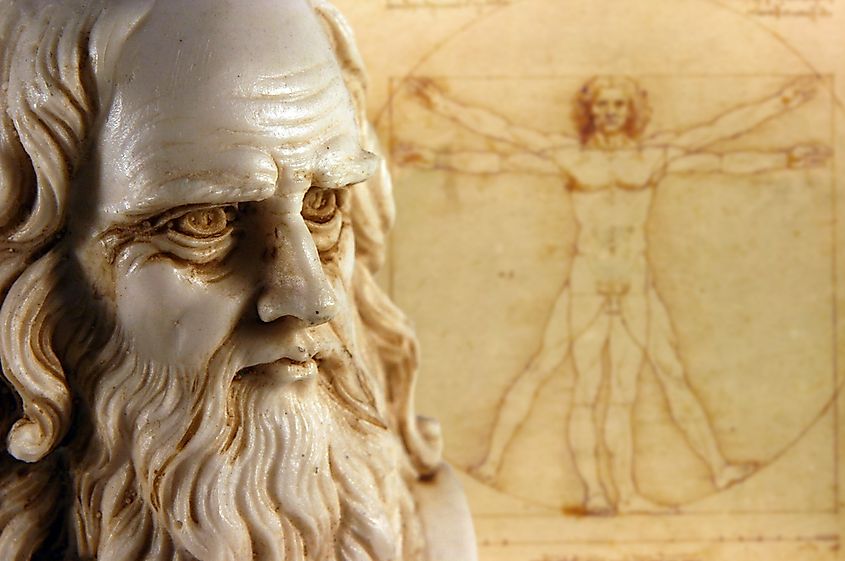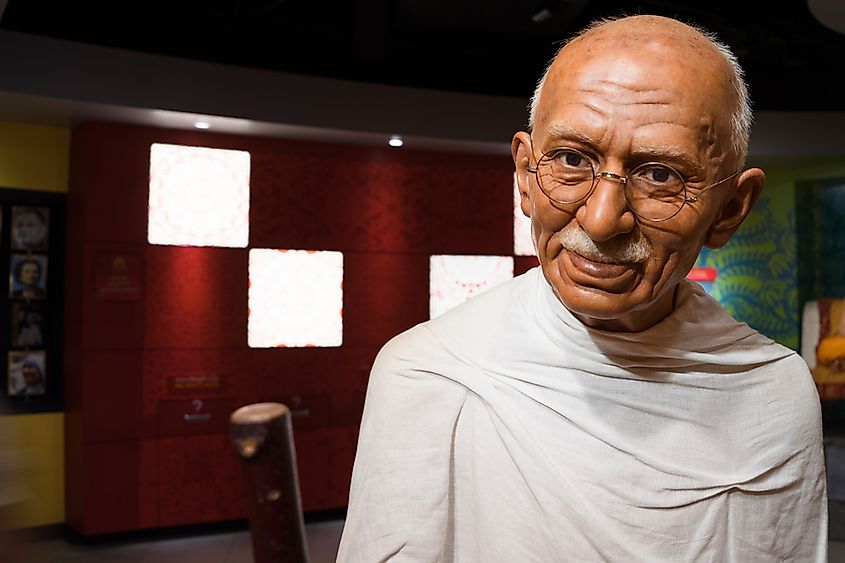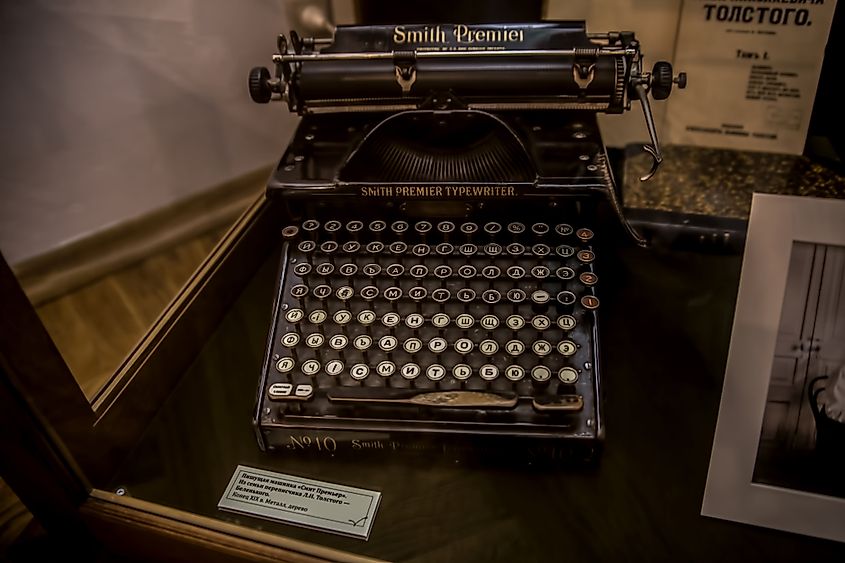Famous Vegetarians Throughout History

Even though the inclination to remove meat or meat-based products from our diets has gained massive momentum in the last few decades, vegetarianism, in its most basic form, has a very long history. Whether the decision to not consume meat arose from personal, ethical considerations, health factors, or any other variation, people have made it since ancient times. Here’s a shortlist of some of the most prominent vegetarians in history.
Leonardo da Vinci

Although there is no conclusive proof that Leonardo da Vinci was actually a vegetarian, there is enough anecdotal evidence that suggests this might have been the case. Specifically, there seems to be a letter written by an explorer Andrea Corsali, addressed to da Vinci’s patron Giuliano de’ Medici, which describes him as so gentle that he will not feed on anything that has blood. From Leonardo’s notebooks, it is also easy to deduce that he was extremely concerned with the state of animal welfare and expressed his disgust over killing animals for human consumption.
Franz Kafka
The famous author of Metamorphosis had immense digestive issues which he tried to cure by excluding meat from his diet. Aside from vegetarianism, Kafka was known to follow various food fads in an attempt to treat his issues through nutrition. He also had significant ethical problems with animal consumption in general, so it is not surprising that he would refuse to eat meat.
Mahatma Gandhi

Mohandas Karamchand Gandhi, one of the most famous Indian leaders and peace activists, was born and raised in a vegetarian family. Even though he did not eat meat since childhood, during his adolescent period, he would occasionally indulge in it. However, when he went to England to study law, he fully committed to being a vegetarian in spite of having many difficulties in finding a vegetarian place to eat.
Mary Shelley
The famous science fiction author, the creator of Frankenstein, was a firm believer in a meatless diet. It is interesting to note how in her original work, the monster from her book was assembled from various pieces of meat from the slaughterhouse. Not only is Frankenstein created from discarded fragments of animals, but he himself is dedicated to living in peace with nature and its inhabitants and refuses to consume meat.
Fred Rogers
There are not many people out there who have not heard about the fantastic lessons Mister Rogers persistently and patiently tried to instill in millions of children. Lessons about kindness to people and animals were frequently on his repertoire. Aside from only speaking about it, Fred Rogers was also a vegetarian ever since the 1970s. He would often talk of his refusal to eat anything that has a mother or anything that can be seen walking around. He even held shares of the Vegetarian Times and loved tofu and other soy-based food.
John Harvey Kellogg
Kellogg was one of the biggest proponents of vegetarianism in the US. As a doctor of medical sciences and a health-food enthusiast, he attempted to advance vegetarianism through the ideas of ‘’biological living’’. This philosophy also rejected tobacco smoking and drinking alcohol, along with meat-eating. Even though his ideas were quite radical, he is still famous today for inventing cornflakes and granola, which he created for his patients.
Leo Tolstoy

It may come as a big surprise to quite a few to discover that Leo Tolstoy was one of the most important people in the expansion of the vegetarian lifestyle of the 19th century. As a devoted Christian (although his own version of being a Christian), Tolstoy spent the last 30 years of his life focused on anarchism and pacifism. His pacifistic ideas demanded the rejection of any violence, whether against people or animals. Tolstoy also wrote the introduction of The Ethics of Diet (the version translated to Russian) by Harold Williams, where he told us about his experience visiting a slaughterhouse. He was shocked by the apparent brutality displayed by the butchers who were desensitized to what they were doing to the animals.











